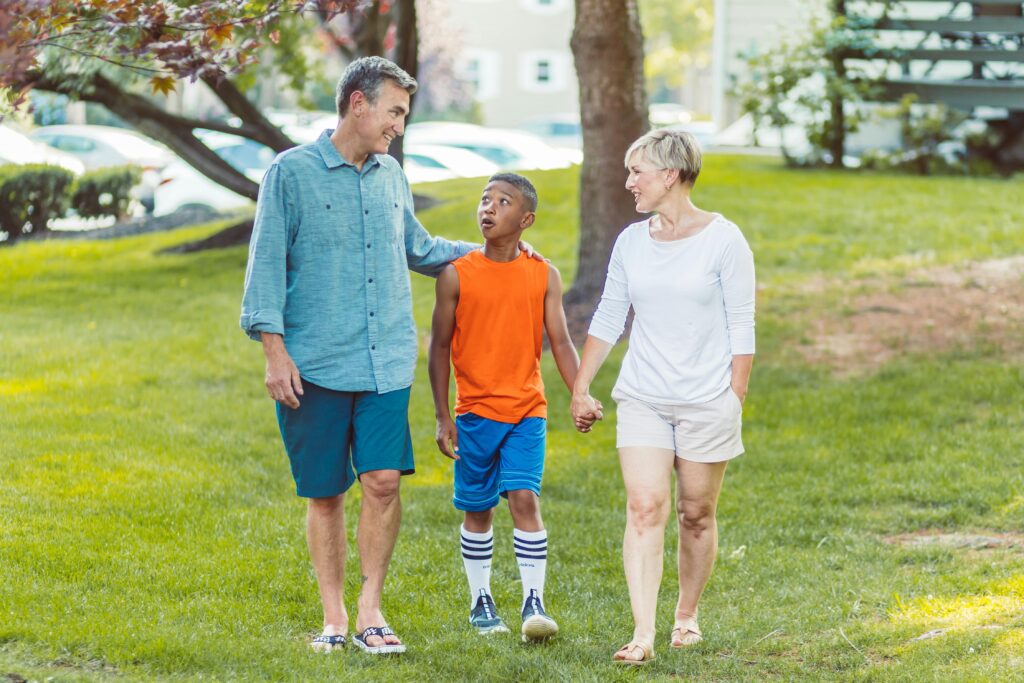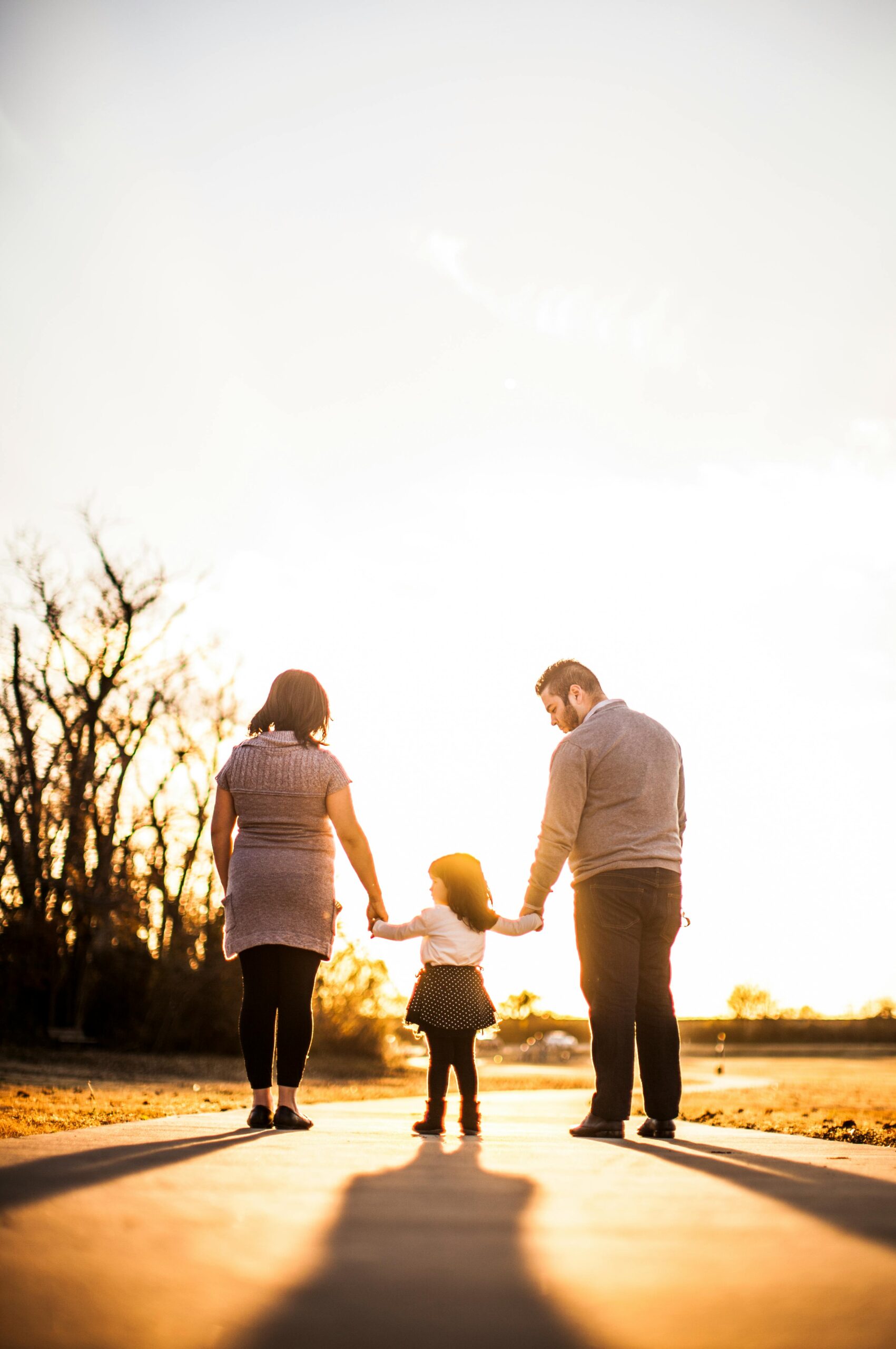As parents, we often underestimate the emotional world of our children. While we juggle deadlines, bills, and responsibilities, it’s easy to overlook the fact that kids, too, experience stress sometimes at surprisingly high levels. From the moment they start interacting with the world, children begin forming ideas about who they are, how they should act, and where they belong. This early self-awareness is a crucial part of personal development.
The good news? Kids are incredibly adaptable and have a natural resilience that, when nurtured properly, can help them thrive emotionally, mentally, and socially. By introducing them to tools for personal growth, we can help our children build strong foundations of confidence, empathy, and self-awareness. Encouraging personal development in children isn’t about perfection it’s about empowering them to understand themselves and grow into well-rounded individuals.
Why Personal Development Matters for Kids
Personal development is not just for adults. The earlier kids start developing these habits, the more they benefit as they grow. Children who learn to manage their emotions, think positively, and make conscious choices are better equipped to handle life’s ups and downs. They develop a healthier sense of self-worth and are more likely to form meaningful relationships.
When kids are encouraged to grow personally, they begin to see themselves as active participants in their lives rather than passive observers. They become curious, self-motivated learners who seek out improvement and embrace challenges.
Communication: The First Step Toward Growth
Honest, open conversations are a key part of helping kids grow and understand themselves. Engage your child in conversations about their daily experiences, dreams, and even their struggles. This helps them feel heard and valued, fostering a sense of emotional security.
Before starting any new activity or task, talk to your child about it. Involve them in decision-making whether it’s choosing what to wear, planning a weekend outing, or selecting a new hobby. This cultivates independence and reinforces the idea that their voice matters.
When children feel included, they become more confident in their ability to contribute and take initiative. This active participation is a powerful tool for building self-esteem and personal accountability.
Creating a Positive Mindset Through Affirmations
Affirmations aren’t just adult self-help fluff they can be incredibly effective for children, too. Teaching kids to speak kindly to themselves is a key part of building a positive self-image. Simple affirmations like “I am strong and brave” or “I can handle anything that comes my way” help children internalize healthy beliefs.
Encourage your child to keep a journal where they can write or draw their affirmations. Make it a daily habit, and participate with them. Not only does this create bonding time, but it also shows that personal development is a lifelong journey.
Tip: Use both “I am” and “I have” statements in their affirmations to reinforce a sense of identity and gratitude. For example, “I am a kind friend” or “I have a great imagination.”
Teaching the Power of Choice and Responsibility
One of the most empowering lessons you can teach your child is that they have a choice in how they respond to situations. Too often, children default to familiar emotional reactions simply because they don’t realize alternatives exist.
By guiding them to pause, reflect, and choose their reactions, you’re instilling emotional intelligence and self-regulation. Let them know it’s okay to feel angry or sad, but they also can act in a way that serves them better.
Avoid framing situations in terms of blame. Instead, shift the focus to responsibility. Phrases like “What can you do differently next time?”
encourage kids to think for themselves and feel more empowered instead of overwhelmed.
Building Healthy Routines for Holistic Growth
Daily routines can be powerful anchors for personal development. A structured environment helps children feel secure and in control. Incorporate activities that nurture their mind, body, and soul:
Nutrition: Teach your kids about the importance of eating well. Get them involved in cooking and making healthy choices.
Physical Activity: Make movement a part of everyday life. Dance, play sports, or take walks together to release stress and boost mood.
Creative Expression: Whether it’s through art, music, or storytelling, encourage your child to explore their creative side.
Quiet Time: Introduce practices like mindfulness, breathing exercises, or simply quiet reflection. These moments help kids connect with their inner world and recharge.
These routines don’t have to be rigid. The goal is consistency, not perfection.
Modeling Behavior: Be the Example They Follow Children often learn best by watching your actions, not just listening to your words. If you want your child to value personal growth, let them witness yours. Talk to them about your own dreams, the obstacles you’ve faced, and what helped you get through tough times. Celebrate your wins and be honest about your mistakes.
When they see you handling stress with grace, speaking kindly about yourself, and making thoughtful choices, they’re more likely to mirror those behaviors.

Conclusion: Start nurturing these habits now, and you’ll help your child grow into a strong, confident adult later on.
Personal growth doesn’t happen all at once it’s something we keep learning and building on throughout life. By nurturing these skills early, you’re giving your child a gift that will serve them well into adulthood.
The goal isn’t to protect them from every challenge but to help them face life’s ups and downs with strength and confidence.
Support their growth with love, patience, and consistency. Encourage their curiosity. Celebrate their efforts, not just their achievements. And most importantly, remind them every day that they are capable, worthy, and loved.

